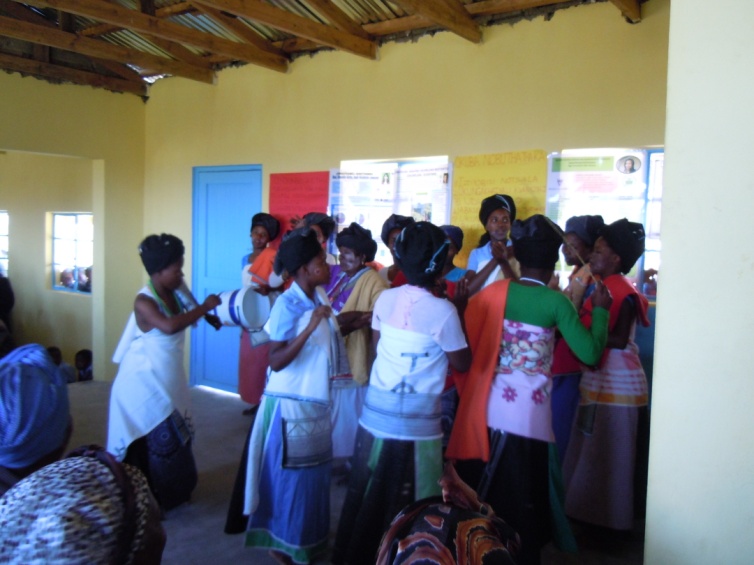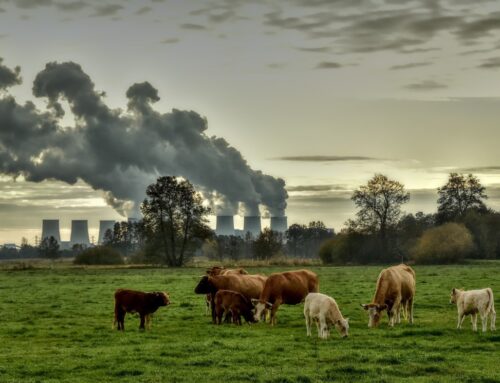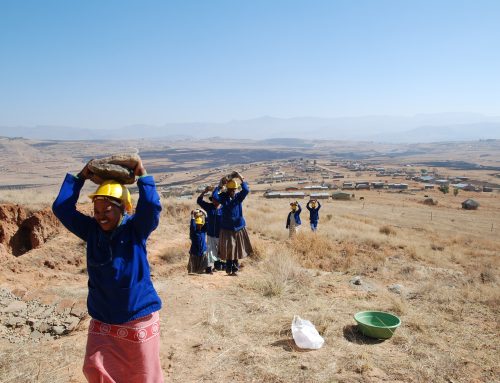


Project lead: Professor Sheona Shackleton (Rhodes University) and Professor Marty Luckert (University of Alberta)
Who’s involved: Department of Environmental Science, Rhodes University and Department of Resource Economics and Environmental Sociology, University of Alberta, Canada. The project team consists of development economists, sociologists, environmental scientists, and educationists.
Project description: The project supported 12 related studies (mainly postgraduate research projects) that have helped to build a very intricate and detailed picture of livelihoods, vulnerability and change in the communal areas of the Eastern Cape in two different contexts. The research has been undertaken in two sites in the rural Eastern Cape, South Africa; Lesseyton outside of Queenstown and Gatyana near Willowvale. The peri-urban nature of Lesseyton and the more isolated rural setting of Gatyana have resulted in some interesting and important contrasts in the findings.
We are currently working on synthesizing the results from these many studies to address some of the key policy messages, which include thinking about the future of these rural communal areas and people’s ability to respond to further change and vulnerabilities.
Community engagement: Parallel to the research we ran an ongoing process of social learning, local capacity building and problem solving with a group of local community members known as the social learning group (nominated by the communities involved in the two study sites). Various activities were undertaken with this group to: a) understand the meaning of vulnerability from their experience, b) understand their capabilities, and c) to strengthen their capabilities and social network interactions to problem solve and further expand their resilience capabilities and agency development. This included practical problem solving actions, and training for community problem solving. This provided a practical mechanism for integrating research knowledge into community action at a local level.
Boundary Partners: The study worked with boundary partners / stakeholders who have an interest in the studies for policy making and practice, where the meaning of the research findings has been and will be deliberated and discussed, particularly for practical and policy related implications. We would like to expand this group and share some of the critical findings from our research with further key provincial stakeholders.





